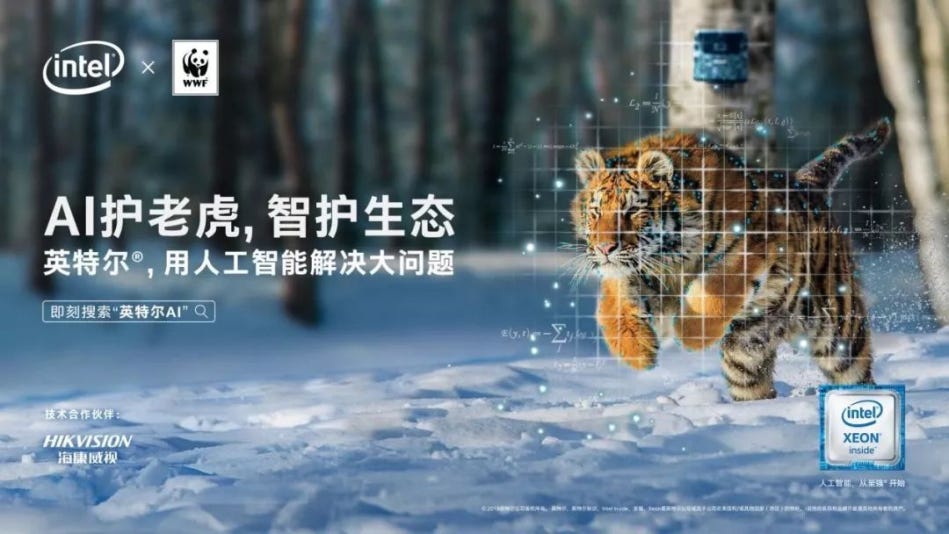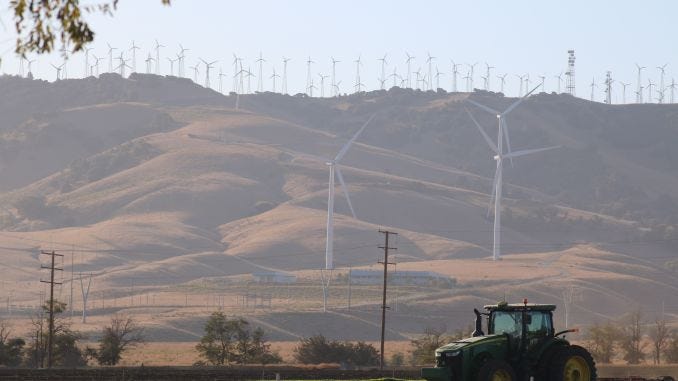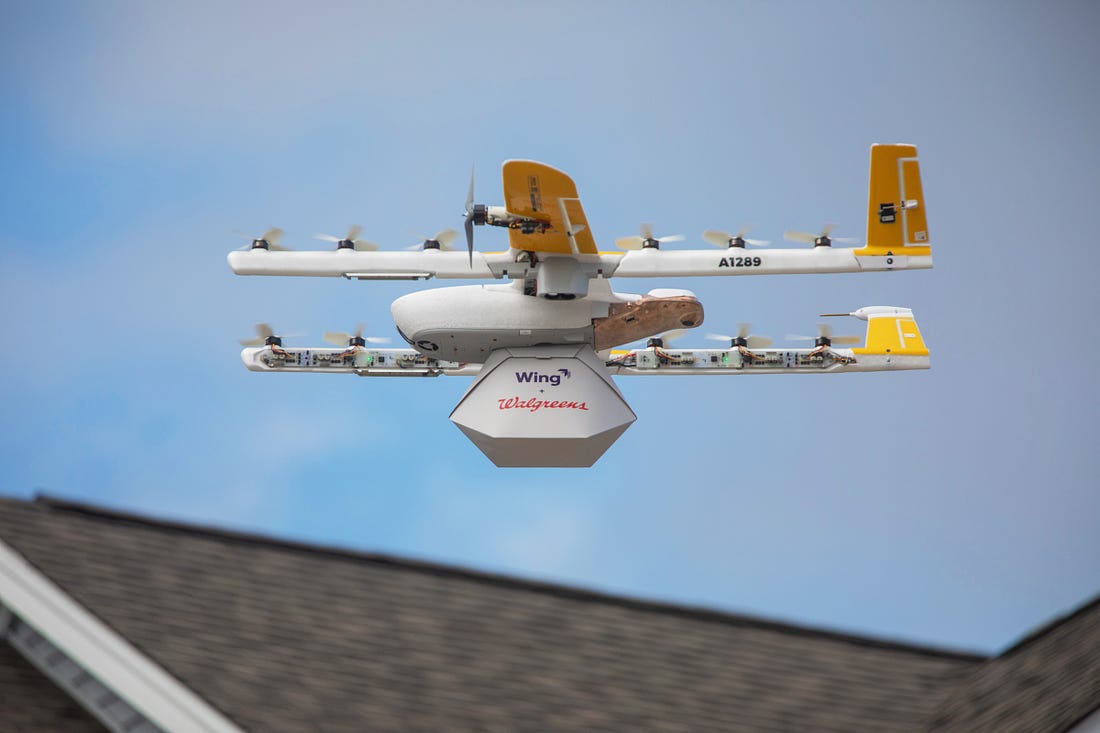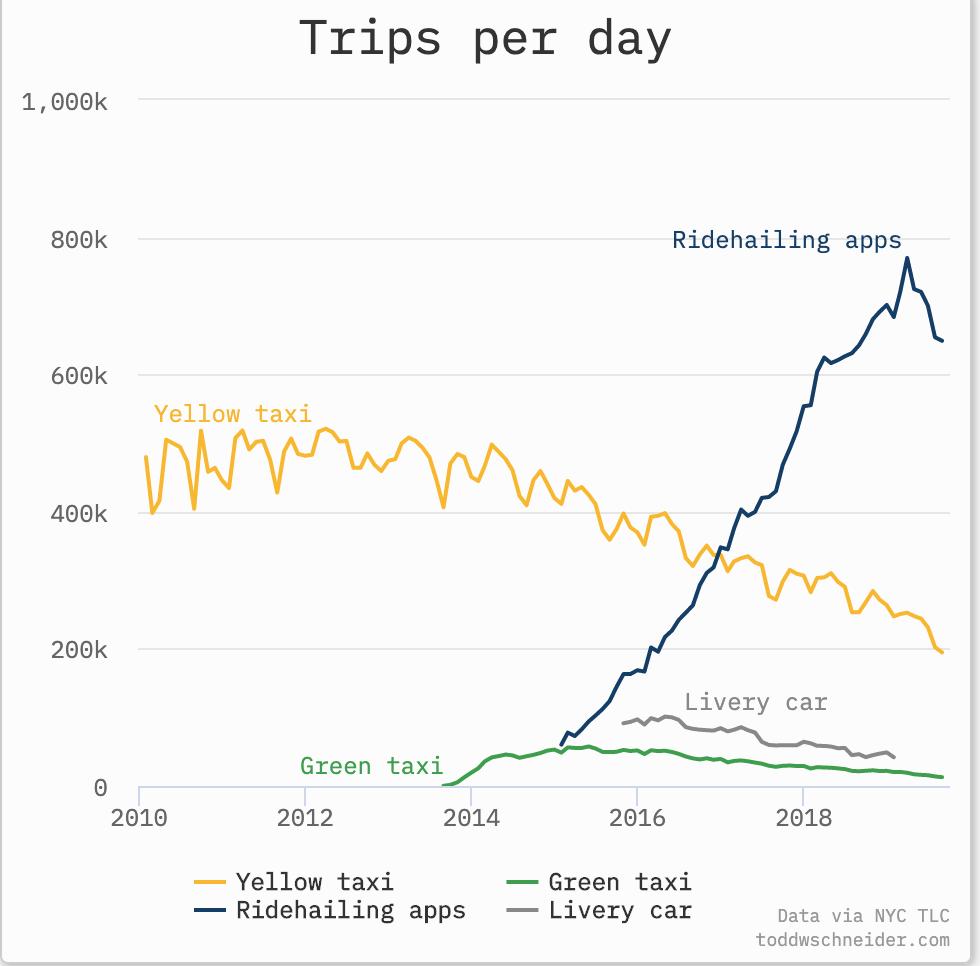? Biology
The co-inventor of CRISPR, Jennifer Doudnas, believes the next frontier of CRISPR therapies will involve directly making edits inside humans. Currently CRISPR therapies take place outside the body, will cells being extracted, then modified, then infused back into the body for treatment.
“With advances and delivery techniques, it may be possible to do that kind of very highly efficient targeted genome editing in the patient, without having to remove cells, but actually to just do a treatment in the patient where the delivery vehicle takes the editing molecule to the right cells,” she said in a telephone interview before the Welch Foundation Conference on chemical research next week. “Sounds fantastical today, but I think that’s coming.”
David Sinclair, professor of genetics at Harvard Medical School, gave an interesting talk at Google discussing his new book Lifespan: Why We Age – And Why We Don’t Have To. The talk covers the biological processes underpinning aging, lifehacks we can undertake to combat aging, along with future scientific breakthroughs that promise to slow down and even reverse the aging process.
Cotton snacks may be coming soon. The FDA has approved a genetically modified version of cotton that makes cottonseeds fit for human consumption. Normally cottonseeds contain a dangerous toxin called gossypol, but this modification removes that toxin leaving an edible high-protein food that’s a by-product of regular cotton farming. Apparently they have a mild, nutty taste.
Two weeks ago I mentioned that Netflix was launching Unnatural Selection, a docuseries on CRISPR, gene therapies, and biohacking. That launched last week. I’ve watched the first two episodes (of four) and enjoyed it — it won’t give you a detailed explanation of how CRISPR works or how it was discovered, but it does delve into the world of how people are trying to use this technology today. Check out WIRED for a review.
Scientists have identified a new gene mutation associated with people who need less sleep. This is the third short-sleep mutation found so far.
Ancestry, the genetic testing service that provides an estimated breakdown of your countries of origins, can now tell you about your health as well.
? Artificial Intelligence
A few use cases for AI were highlighted during the week.
Oil and gas companies are using AI to cut costs by automating functions and predicting equipment problems ahead of time.
Outback Steak House is trialling the use of AI to automatically track employee productivity during the day via existing surveillance cameras.
India is trying to build the world’s biggest facial recognition system. The system would match images from CCTV cameras against a database of criminals and missing children.
AI is being used in wildlife conservation to better track and count endangered species. The World Wildlife Fund (WWF) is using AI to monitor Siberian tigers in China, while DeepMind is using AI to count animals in the Serengeti National Park in Tanzania.
? Censorship
Mark Zuckerberg used a speech at Georgetown University last week to tout the idea of social medias as a “Fifth Estate” that gives individuals a voice while positioning the company as an advocate for free speech. This follows criticism of the company’s policy to not censor political ads that contain lies.
“I don’t think most people want to live in a world where you can only post things that tech companies judge to be 100 percent true,” Zuckerberg said on Thursday to an auditorium full of students at Georgetown University’s Gaston Hall in Washington. “People should be able to see for themselves what politicians are saying.”
He also called out TikTok, a popular short-video app run by ByteDance in Beijing, for censoring content from the Hong Kong protests. TikTok meanwhile is trying to prove that its overseas content moderation policies are transparent by enlisting two former congressmen to join an external team that will work with the company’s US management. The company has also recently opened an office in Mountain View and is starting to poach Facebook employees.
A bipartisan group of US lawmakers including Alexandria Ocasio-Cortez and Marco Rubio sent a letter to Apple and Activision Blizzard to criticise them for censoring protestors in Hong Kong. Apple is removed a mapping app from their App Store that they say was being used to target police officers, while Activision Blizzard penalised the winning of an esports tournament for using a post-game interview to protest about the situation in Hong Kong.
? Renewables
In the September quarter, the UK got more power from renewables than fossil fuels for the first time ever. 40% came from renewables, 39% came from fossil fuels, while 21% came from nuclear.
CNBC looks at how a massive Amazon wind farm promises to change a tiny town in rural America. Amazon announced three new wind farm projects in April as part of their goal to become net-zero carbon emission by 2040.
?️ Space
SpaceX has applied to add an additional 30,000 satellites to Starlink, its planned low-earth orbit broadband service. This would increase the number of approved satellites to 42,000, a number significantly higher than the total number of satellites ever launched into Earth’s orbit (8,950 as of January 2019). The company deployed its first 60 Starlink satellites in May and expects they can provide an “initial” commercial service in the US with 400 satellites in orbit.
Relativity Space is 3D-printing entire rockets using massive robots.
? Chips and Computing
TSMC, the world’s largest contract chip maker, is increasing capital expenditure forecast for the year by 40%. The company cited 5G as the main reason for its increased confidence.
VentureBeat has a long interview with Simon Segars, CEO of Arm. The interview covers topics like custom instructions for Arm and the competitive threat of RISC-V, the emerging Internet of Things market, and a far-off IPO.
⚙️ Mobility
Alphabet’s drone unit Wing has launched the country’s first commercial drone delivery flight. The inaugural pilot flight delivered a “cough and cold pack” from Walgreens to Michael and Kelly Collver in Christiansburg, Virginia.
Russian tech giant Yandex began testing self-driving cars on public roads in December 2017 and have now surpassed 1 million miles of autonomous driving. This is up from 100,000 miles in April 2019 and 500,000 miles in August 2019.
Taxi medallion owners in New York are demanding a bailout. New York taxi medallions returned 2706% from 1975 to 2013 (higher than the Dow Jones Industrial Average gain of 1675%), but have since crashed. New York taxi medallions peaked in 2013 at $1.3 million per medallion, but by 2016 they were selling for as low as $250,000.
⚡ Other Snippets
Are we in a dot com bubble? Derek Thompson from The Atlantic argues that the massacre of startup unicorns we’re seeing today is exactly the opposite of what happened in 2000.
First, in the dot-com bubble, public investors got hosed. Today, it’s public investors that are doing the hosing.
Fortnite demonstrated its popularity by holding a two-day outage where the game didn’t work and its stream showed a black hole. It was the game’s most popular event of the year. The game came back online on Tuesday to debut “Chapter 2” that included a brand new map and challenges.
The WSJ looks at Zippin and Standard Cognition, two startups that are competing with Amazon’s cashierless “Go” stores. The startups are hoping to sell their technology to grocery chains, sports stadiums, and convenience stores.
Quartz interviewed “some of the boldest thinkers” (Bill Nye the Science Guy, transhumanist Zoltan Istvan, Peter Maurer from the International Committee of the Red Cross, etc) on what they think the world will look like in 50 years.








